Publications
Articles, publications, books, tools and multimedia features from the U.S. Institute of Peace provide the latest news, analysis, research findings, practitioner guides and reports, all related to the conflict zones and issues that are at the center of the Institute’s work to prevent and reduce violent conflict.
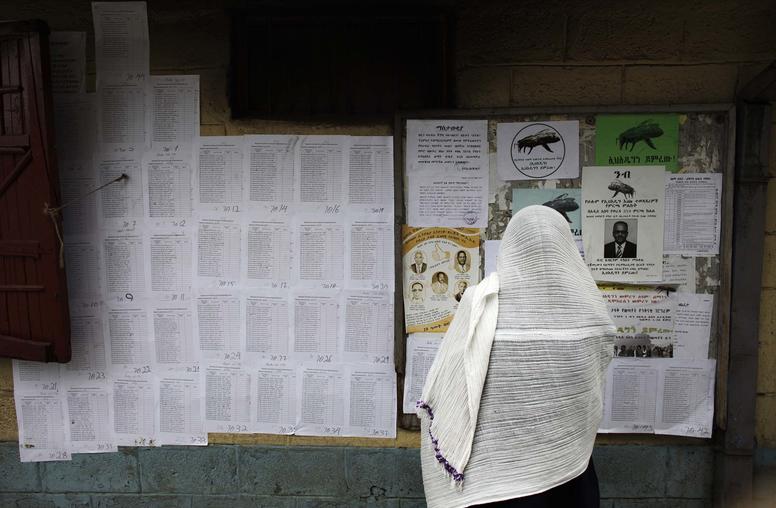
Ethiopia: Contemplating Elections and the Prospects for Peaceful Reform
Ethiopia is approaching parliamentary elections on June 5. This will be the first vote since the process of reform launched in 2018 by Prime Minister Abiy Ahmed, and the stakes are extremely high. Elections to the next national parliament, the House of People's Representatives, may determine future decisions about the structure of the country and consolidate the ruling party’s power. While the short-term outlook for the vote is unlikely to change, the election may offer opportunities to support political dialogue which could sustain important reforms and decrease polarization.
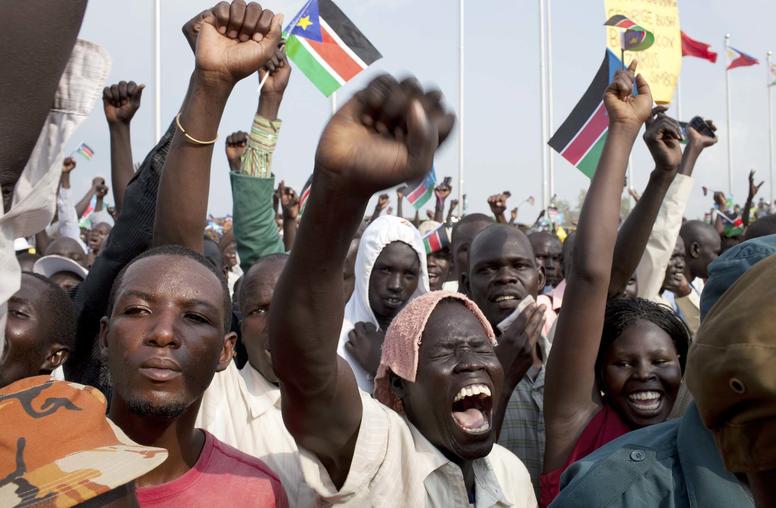
South Sudan’s people have spoken on peace. Is anyone listening?
The United States played a key role in the emergence of South Sudan as an independent state 10 years ago. Yet today, U.S. policy toward the country is insufficient to address the continued violence or promote sustainable peace. Even so, it is not too late for U.S. policymakers to embark upon a renewed push for peace. To move forward, they should listen to what South Sudan’s people said in the recently concluded National Dialogue and incorporate its recommendations in diplomatic, humanitarian and development strategies for the country.
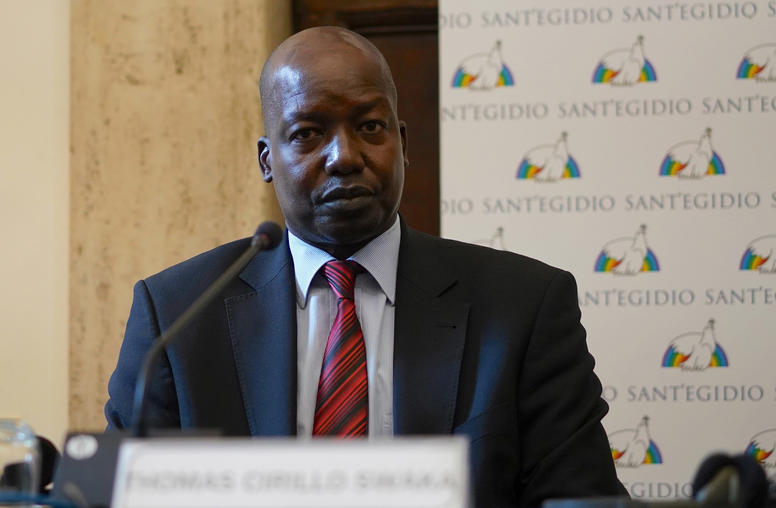
Conflict and Crisis in South Sudan’s Equatoria
South Sudan’s civil war expanded into Equatoria, the country’s southernmost region, in 2016, forcing hundreds of thousands to flee into neighboring Uganda in what has been called Africa’s largest refugee exodus since the 1994 Rwandan genocide. Equatoria is now the last major hot spot in the civil war. If lasting peace is to come to South Sudan, writes Alan Boswell, it will require a peace effort that more fully reckons with the long-held grievances of Equatorians.
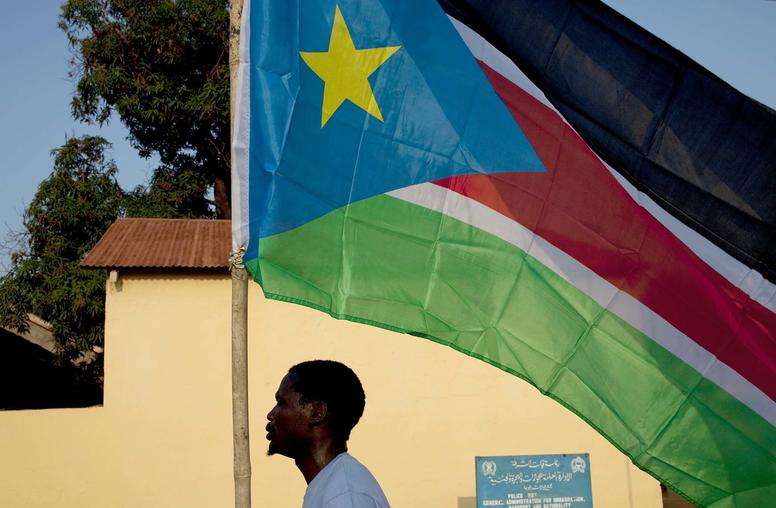
The South Sudan Peace Process Archive: A Window into Mediation
As part of its commitment to learning from peace processes, the U.S. Institute of Peace is pleased to launch the South Sudan Peace Process Archive, which aims to provide South Sudanese citizens, mediators, policymakers, academics and other interested readers a window into the 2013-2015 negotiations that attempted to end the conflict that began in South Sudan in late 2013. Documents for this archive were first assembled and organized in 2016. Now, archive curators and former peace process advisers Zach Vertin and Aly Verjee discuss their motivations for assembling and organizing the documents and what they hope the archive can contribute to future peace processes.
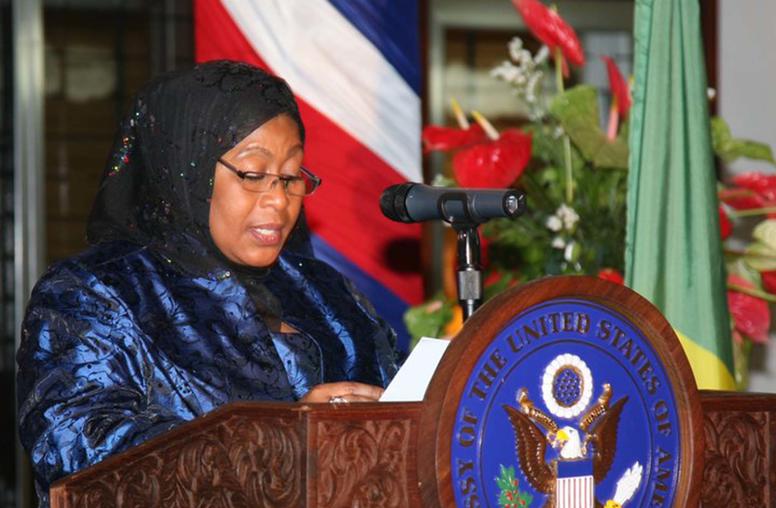
Tanzania Gets a Woman as President: That’s an Opportunity
Samia Suluhu Hassan, who became Tanzania’s sixth president this month following the death of her predecessor, has an opportunity to promote stability for her nation of 58 million people, say analysts and women activists in East Africa. As Tanzania confronts COVID and political division, Hassan could expand a history of African women leaders who have advanced stability and peace in moments of crisis. Her elevation also could boost grassroots movements across East Africa—including a new network of women leaders in Tanzania—that are strengthening peace and security through greater inclusion of women in public life.
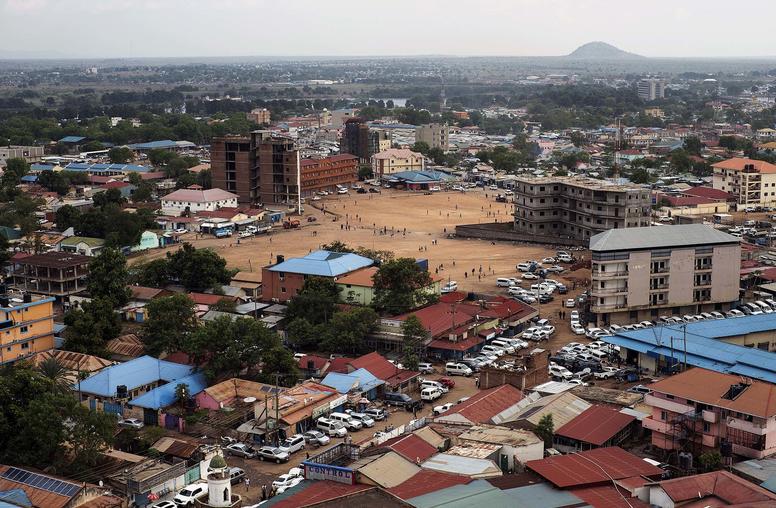
South Sudan: From 10 States to 32 States and Back Again
Last year, South Sudan reintroduced 10 subnational states in South Sudan, in place of the 32 states controversially created in 2017. Far from being an obscure matter of administrative organization, the initial, dramatic redivision of territory in the midst of protracted violence and large-scale displacement had a significant impact on representation, as well as social, economic, and political relations throughout the country. In 2018-19, researchers commissioned by USIP sought to better understand the decision-making process behind the creation of the 32 states in South Sudan. Researchers Matthew Pritchard and Aly Verjee discuss their findings in light of current developments.
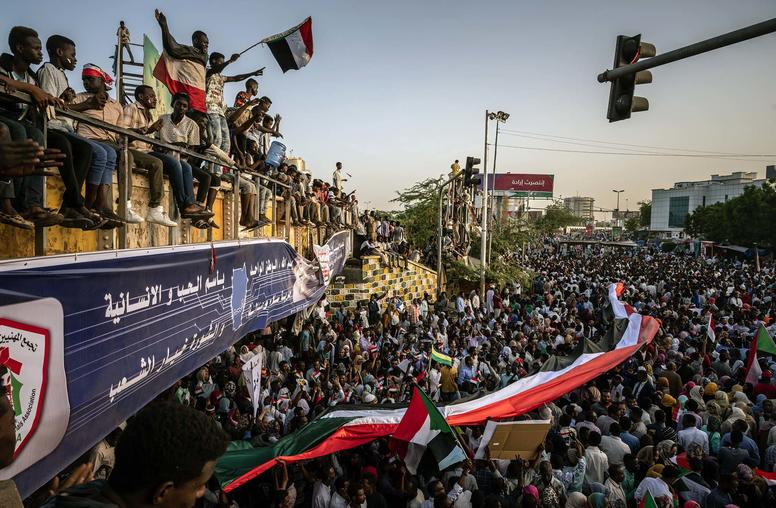
What Does Sudan’s New Cabinet Mean for its Transition?
The announcement on February 8 of a new Cabinet in Khartoum—the product of a peace accord signed by Sudan’s transitional government with several armed groups in October 2020 through a deal brokered by South Sudan—offers hope that the broader inclusion of political leaders can help address Sudan’s pressing challenges and create peace dividends. Unfortunately, the lengthy process of selecting new Cabinet members revealed additional fractures among both signatories to the peace deal and civilian political elements that seemingly offer competing visions for the transition and beyond.
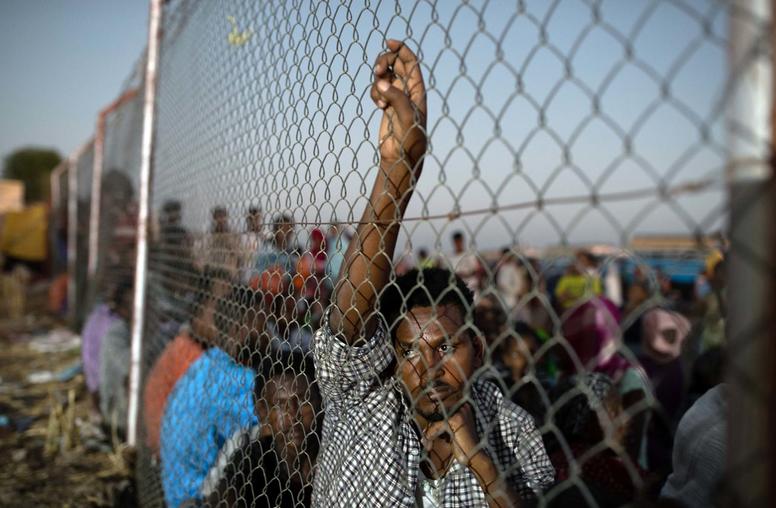
Could a National Dialogue Solve Ethiopia’s Political Crisis?
While the recent conflict in Tigray renewed international focus on Ethiopia, more challenges lie ahead, including elections now scheduled for June 5. The state of Ethiopia’s political transition is contested, and the country remains polarized. However, as Ethiopian scholars Emebet Getachew, Mehari Taddele Maru, and Yohannes Gedamu discuss, a national dialogue process may have the potential to address the country’s dilemmas.
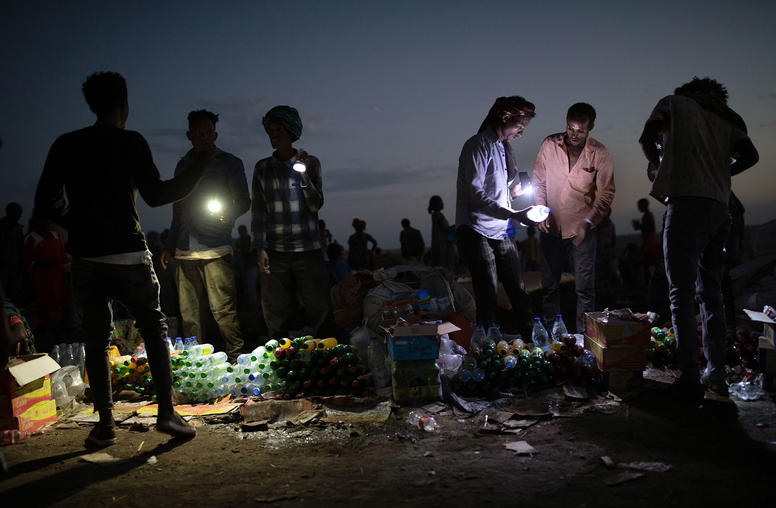
Ethiopia’s Worsening Crisis Threatens Regional, Middle East Security
The Gulf Arabs recognize a strategic reality that has eluded the stove-piped U.S. foreign and security policy bureaucracy for too long: The Horn of Africa is an integral part of the Middle East’s security landscape, and increasingly so. No country demonstrates this more clearly than Ethiopia. That country’s escalating internal crises pose an increasingly grave threat not only to the country’s citizens but to international peace and security and to the interests of the United States and its partners in the Middle East, principally Egypt, Saudi Arabia and the United Arab Emirates (UAE).

The Unfolding Conflict in Ethiopia
Susan Stigant, director of Africa Programs at the U.S. Institute of Peace, testified on December 3, 2020 at the House Foreign Affairs Subcommittee on Africa, Global Health, Global Human Rights and International Organization's hearing on “The Unfolding Conflict in Ethiopia.” Her expert testimony as prepared is presented below.